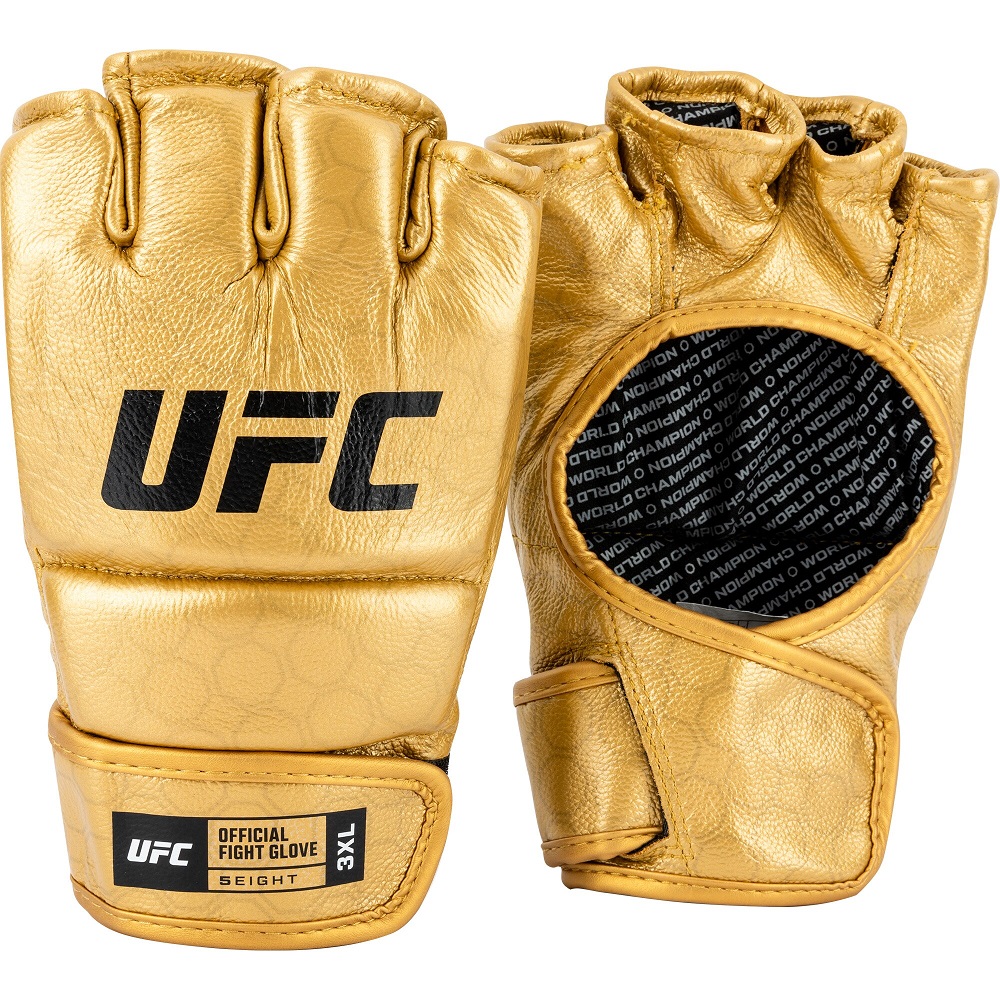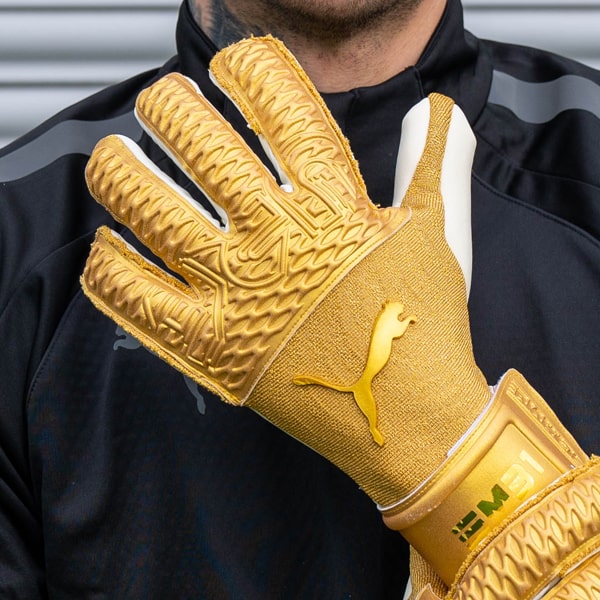History of Golden Gloves Boxing
The term ‘Golden Gloves’ resonates with a rich history in the world of boxing. Established in 1923, the golden gloves boxing tradition began in Chicago. It was the vision of Chicago Tribune sports editor Arch Ward. The goal was to foster amateur boxing talent across the United States. Initially, it was a city-wide tournament. But soon, it grew into a national event beckoning young talent.
The name ‘Golden Gloves’ stems from the prize fighters received. Winners were awarded small golden glove charms. These charms became symbols of their skill and courage. This tournament quickly became one of the most prestigious amateur boxing events. It garnered attention and respect within the boxing community.
As years passed, golden gloves boxing expanded its reach. It provided platforms not just for local fighters but also international aspirants. Many of the sport’s greatest names have ties to the Golden Gloves. Names like Muhammad Ali, Sugar Ray Leonard, and Floyd Mayweather. They all had successful runs in the tournament early in their careers.
The golden gloves boxing experience has evolved since its inception. Still, it maintains its prestige and importance. It continues to serve as a proving ground for amateur fighters. These fighters dream of leaving their mark in the boxing world. The Golden Gloves has stood the test of time, shaping the sport’s history and future champions.

Understanding the Golden Gloves Tournament Structure
The Golden Gloves tournament provides a robust structure for amateur boxers to compete and showcase their skill. The tournament functions through a tiered system, starting at a local level and advancing to national championships. Here’s how it typically works:
- Local Tournaments: Boxers begin their journey in local tournaments. These events are open to fighters from nearby regions. Victors move on to the next tier.
- Regional Competitions: Winners from the local tournaments advance to regional competitions. Here, they face off against champions from other locales. Success here leads to a larger stage.
- State Championships: After surpassing regional competitors, boxers contend at the state level. State champions earn a spot in the national tournament.
- National Tournament: This is the pinnacle of Golden Gloves boxing. State champions from across the country come together to challenge each other. The winners claim the coveted national Golden Gloves titles.
- Special National Events: Occasionally, special national events are held. These might include matchups between top amateur fighters from different countries.
Understanding this structure is vital for golden gloves boxing hopefuls. It not only helps them set goals but also prepares them for the road ahead. The hierarchical nature of the tournament ensures that only the most dedicated and skilled boxers climb to the top. Such organization reflects the prestige and competitive spirit of Golden Gloves boxing.
Eligibility Criteria for Competing in Golden Gloves
To join the ranks of golden gloves boxing aspirants, understanding the eligibility criteria is crucial. These criteria ensure fair play and that only those who meet the standards compete. Here are the key eligibility requirements for those aiming to participate in golden gloves boxing tournaments:
- Age Requirements: Entrants must typically be between the ages of 17 and 34. This age range may vary slightly depending on local regulations.
- Residency: Competitors should be legal residents of the country or state where the tournament is held. Proof of residency is often required.
- Amateur Status: Only amateur fighters are eligible. This means they should not have participated in professional boxing matches.
- Physical Fitness: Boxers must pass a medical examination. They must be deemed physically fit to fight and not pose a risk to themselves or others.
- No Prior National Titles: Fighters who have previously won a national golden gloves title may be ineligible. The aim is to give new talent a chance.
- Membership: Boxers need to be registered with a gym or boxing club that is part of the golden gloves network.
Meeting these criteria is the first step towards embarking on a golden gloves journey. It’s essential for aspiring boxers to check with local golden gloves organizations. This will help confirm the specific regulations that apply to their area. Next, prepare to train hard, acquire the right gear, and learn about weight classes, all crucial aspects to succeed in golden gloves boxing.
Training Tips for Golden Gloves Aspirants
Embarking on the path to becoming a golden gloves boxer requires dedication and a strategic training regimen. To improve your chances of success in golden gloves boxing, here are essential training tips to keep in mind:
- Start with the Basics: Perfect your stance, balance, and footwork. These fundamentals are the foundation of effective boxing techniques.
- Conditioning is Key: Build stamina with cardiovascular exercises like running, swimming, or cycling to ensure you can endure the intensity of the rounds.
- Strength Training: Incorporate exercises like push-ups, squats, and weightlifting to build the necessary strength a boxer needs.
- Practice Makes Perfect: Spend ample time in the ring sparring. This prepares you for the experience of a real match and helps hone your reflexes and strategy.
- Focus on Defense: Learn to protect yourself by mastering defensive techniques like bobbing, weaving, blocking, and countering punches.
- Diet and Hydration: Maintain a balanced diet rich in proteins and carbohydrates, and stay hydrated to fuel your training sessions.
- Rest and Recovery: Ensure you have enough rest between training sessions. Recovery allows your body to heal and prevent injuries.
- Find a Good Coach: A knowledgeable coach can offer guidance, fine-tune your techniques, and provide valuable feedback.
- Mental Preparation: Cultivate a strong mental game with techniques like visualization, meditation, and positive self-talk.
Follow these tips, stay committed, and regularly assess your progress to adapt your training as needed. With hard work and determination, you’ll be well on your way to competing in golden gloves boxing.
Essential Gear and Equipment for Fighters
Participating in golden gloves boxing demands suitable gear and equipment. Here’s what you need to begin:
- Boxing Gloves: The most critical piece for any boxer. Choose a well-padded pair that fits comfortably.
- Hand Wraps: Protects your hands and wrists from injuries. Wrap them properly to avoid discomfort.
- Headgear: Essential for sparring sessions, it shields your head from impacts.
- Mouthguard: A must-have to protect your teeth and reduce the risk of concussions.
- Athletic Shoes: Invest in a quality pair of boxing shoes. They should offer excellent grip and ankle support.
- Punching Bags: Used during training to improve power and technique.
- Skipping Rope: Excellent for warming up and improving footwork and cardio.
- Groin Protector: Vital for male fighters to safeguard against low blows.
- Chest Protector: Recommended for female fighters for additional safety.
- Boxing Trunks: These should be lightweight and allow unhindered movement.
Having the right gear is imperative for safety and performance in golden gloves boxing.
The Significance of Weight Classes in Golden Gloves Boxing
In golden gloves boxing, weight classes play a critical role. They create a level playing field. Fighters compete against others of similar size and weight. This system enhances safety and fairness.
Golden gloves tournaments divide boxers into various weight classes. From flyweight to super heavyweight, each class has set weight limits. Boxers must weigh-in before the competition. They need to meet their class’s requirement to qualify.
By competing in their weight class, boxers face opponents with comparable power and speed. This challenges them to refine their skills. It’s not just about strength but also technique and strategy. The right weight class can bring out a boxer’s best performance.
For golden gloves boxing hopefuls, understanding these classes is vital. It can influence their training and diet. They must maintain or achieve the weight for the desired class. This preparation involves careful management of their nutrition and fitness routines.
To conclude, weight classes are fundamental in golden gloves boxing. They ensure that the competition is equitable. They also preserve the integrity of the sport. Aspiring fighters should focus on which weight class suits them best. This is a path toward golden gloves success.
Preparing for Your First Golden Gloves Match
Entering your first golden gloves boxing match is a thrilling milestone. To perform your best, thorough preparation is key. Here are steps to get ready for the big day:
- Finalize Your Training: In the weeks leading up to the match, fine-tune your boxing skills. Pay extra attention to techniques and combos you plan to use.
- Strategize with Your Coach: Discuss tactics with your coach. Develop a fight plan based on your strengths and your opponent’s possible weaknesses.
- Weight Management: Make certain you are within the limits of your weight class. A balanced diet and regular check-ins can help you stay on track.
- Get Your Gear Together: Assemble all necessary equipment ahead of time. Your boxing gloves, hand wraps, and any other personal gear should be competition-ready.
- Rest Up: Sleep is crucial for peak performance. Aim for ample rest in the days before the match to ensure you are well-rested.
- Mental Preparation: Visualize your match and practice positive self-talk to build confidence. A clear and focused mind can make a significant difference.
- Check the Rules: Make sure you understand all the tournament regulations. These can include rules on gear, fouling, and match scoring.
- Pre-match Check-in: Arrive early on the day of the fight for the weigh-in and to familiarize yourself with the venue.
- Warm Up Properly: Before the bout, engage in a thorough warm-up. This raises your heartbeat and gets your muscles ready for the fight.
By following these steps, you’ll set a solid foundation for your golden gloves boxing debut. Remember, preparation is just as important as the fight itself. Good luck!

Prominent Golden Gloves Champions and their Legacy
Golden Gloves boxing has been a springboard for legendary fighters. Many have started as amateurs and later become iconic professionals. Let’s celebrate a few of these champions and their lasting impact on the sport.
- Muhammad Ali: Once Cassius Clay, Ali won the Golden Gloves title in 1960. He is known for his incredible speed, agility, and charismatic personality. Ali’s influence goes beyond boxing as a civil rights advocate.
- Sugar Ray Leonard: Leonard claimed three National Golden Gloves titles. His fast hands and footwork led him to Olympic gold and professional world titles in five weight classes.
- Floyd Mayweather Jr.: Mayweather secured a Golden Gloves championship in 1993. His defensive prowess and undefeated professional record have made him one of the sport’s most renowned athletes.
- Joe Louis: The ‘Brown Bomber’ won the Golden Gloves in 1934. Louis held the heavyweight title for nearly 12 years, setting a record for its defense.
- Mike Tyson: Tyson’s intense power won him a Golden Gloves title at 16. He became the youngest heavyweight champion in history and remains a symbol of ferocity.
These greats exemplify the Golden Gloves‘ role in shaping champions. Their legacies inspire new boxers to train hard and dream big. The Golden Gloves continues to be a vital milestone in boxing careers. Its champions carry a sense of prestige and excellence that echoes through time.

